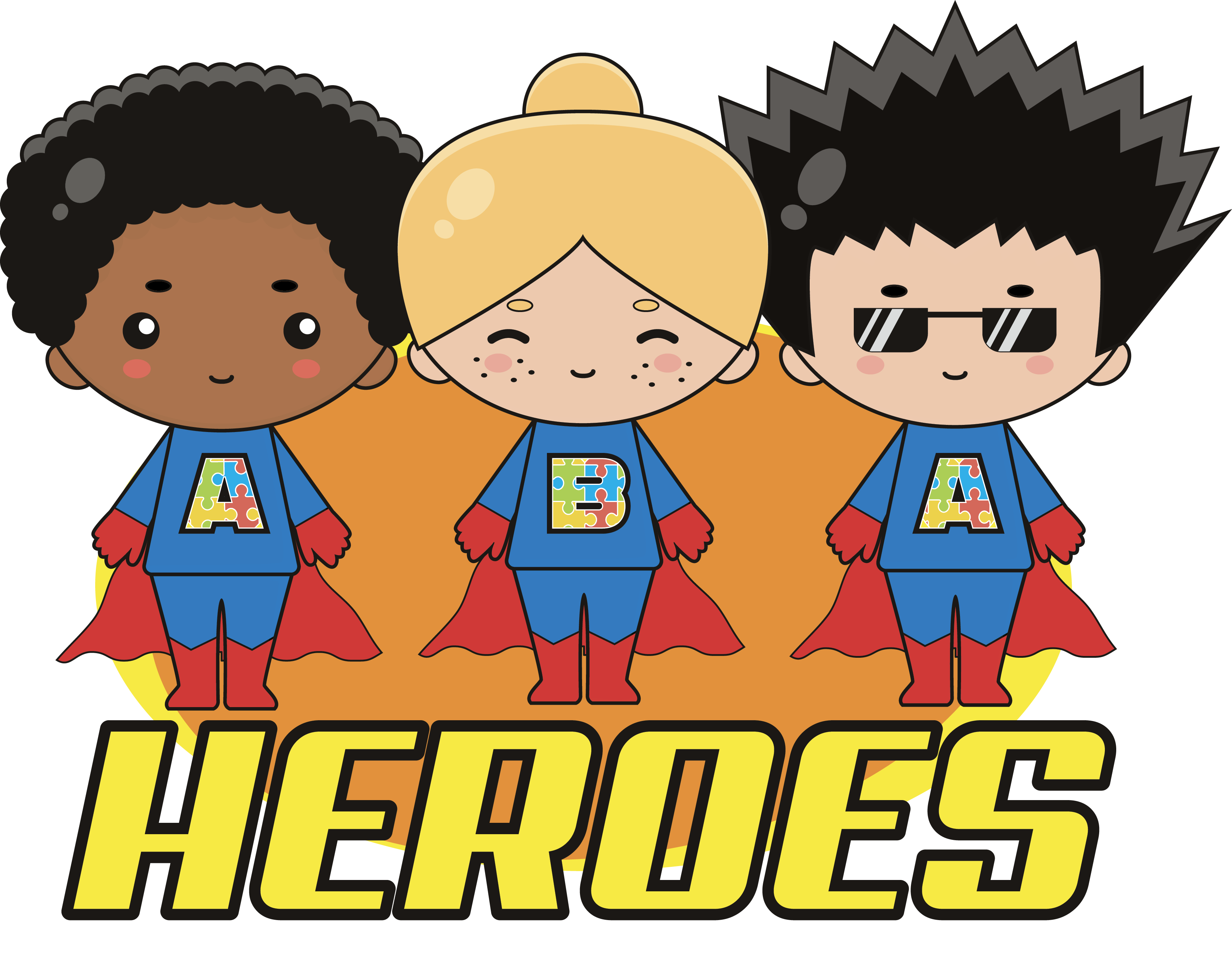
Menu
Understanding autism
Autism, or Autism Spectrum Disorder (ASD), is a neurodevelopmental disorder that affects a child’s ability to communicate, socialize, and interact with others. It is typically diagnosed in early childhood. Approximately 1 in every 44 children in the United States is diagnosed with autism spectrum disorder.
Some common symptoms of autism include:
- Communication difficulties: Children with autism may have delayed or limited speech, difficulty understanding and using language, or a tendency to repeat phrases or words.
- Social challenges: Children with autism may have difficulty making friends, understanding social cues, and engaging in conversation or play with others.
- Repetitive behaviors and routines: Children with autism may have repetitive movements such as hand-flapping or rocking, and may become upset if their routine is disrupted.
- Sensory sensitivities: Children with autism may have difficulty processing sensory information such as sounds, lights, or textures.
The symptoms and severity of autism can vary widely among children. Some children may have only mild symptoms, while others may have more significant challenges. Early diagnosis and intervention can help children with autism develop the skills they need to reach their full potential.
Autism, or Autism Spectrum Disorder (ASD), is a neurodevelopmental disorder that affects a child’s ability to communicate, socialize, and interact with others. It is typically diagnosed in early childhood. Approximately 1 in every 44 children in the United States is diagnosed with autism spectrum disorder.
Some common symptoms of autism include:
- Communication difficulties: Children with autism may have delayed or limited speech, difficulty understanding and using language, or a tendency to repeat phrases or words.
- Social challenges: Children with autism may have difficulty making friends, understanding social cues, and engaging in conversation or play with others.
- Repetitive behaviors and routines: Children with autism may have repetitive movements such as hand-flapping or rocking, and may become upset if their routine is disrupted.
- Sensory sensitivities: Children with autism may have difficulty processing sensory information such as sounds, lights, or textures.